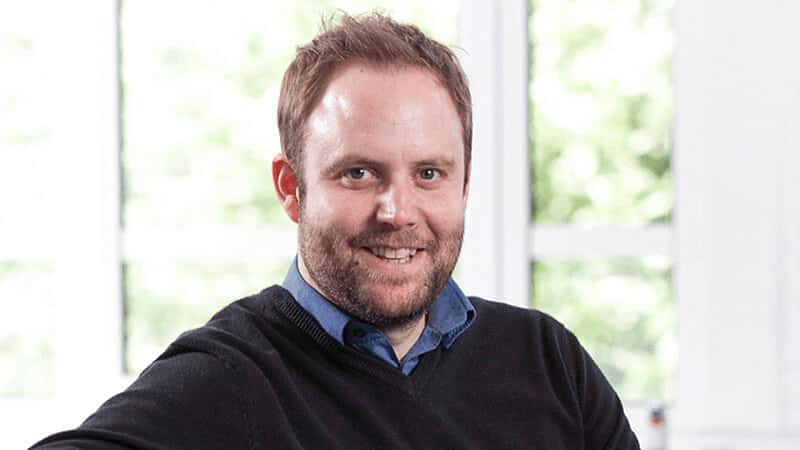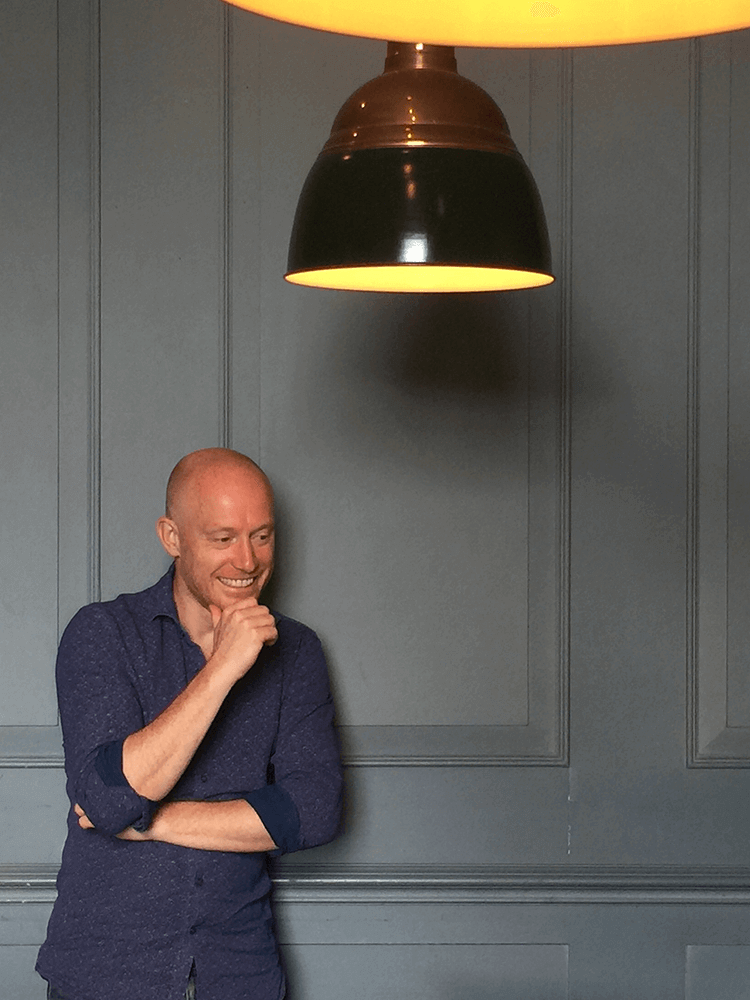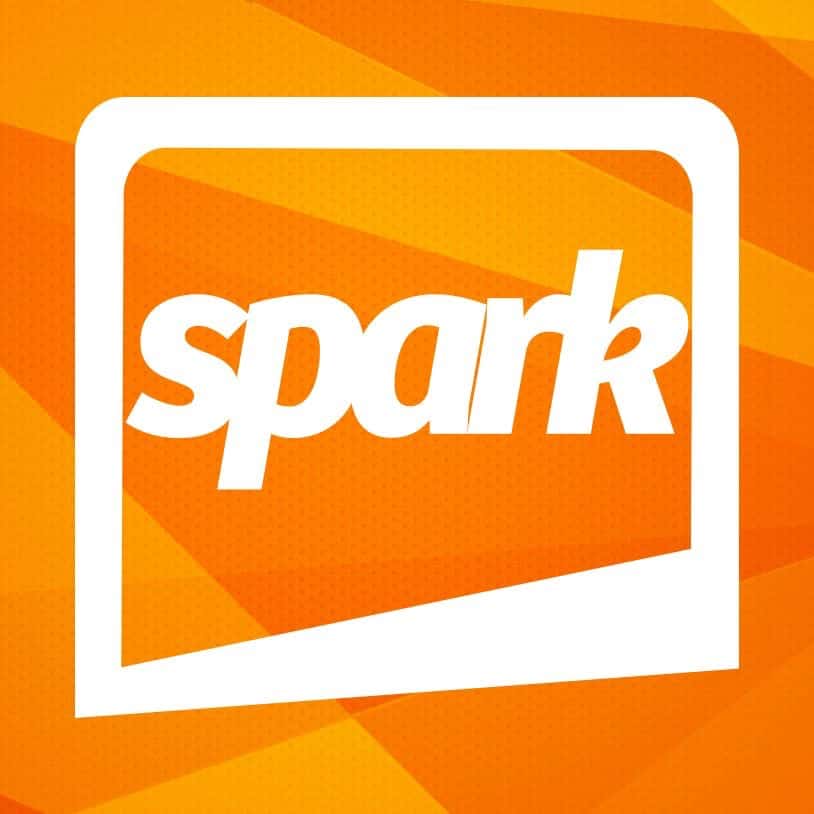‘Trolling’ – the abuse of people online – is actively encouraged by the social media giants which dominate our world.
For Facebook and Twitter, the more heated, angry and abusive the debate gets on their platform the happier they are, because bigger arguments mean bigger audience numbers – and bigger advertising incomes.
That is the view of University of Sunderland academics, who say trolling is actually part of the big social media business plan.

SOCIAL media companies are profiting from trolling, according to UoS experts who say that argument and aggression are essential to their business model.
Just under 2.5billion people use Facebook each month, while Twitter has nearly 15million daily users, which makes them vital cogs in daily human communication worldwide: a hub of human interaction, with celebrities, politicians, sports stars and journalists mixing with the general public.
But is it healthy?
SR News spoke with University of Sunderland media law expert Carole Watson and senior journalism lecturers John Price and Neil Macfarlane about how social media companies deliberately bring out the worst in people – for money.
Mr Macfarlane, who is a senior lecturer in online journalism at UoS and has researched issues in social media, said: “If you look at the comments on Facebook you will see that their algorithms promote the comment that will gain the most traction and cause debate.
“If you take a basic Facebook news story, you will think that people have very strong opinions – but it has actually been put there because Facebook wants comments that spark more comments, as it is financially good for Facebook.

“They want flame wars going on in the comments section. If you click any news story and look at the top comment you will see that, but if you click to see all comments you will see a very different picture, which is more reasoned and balanced.
“Facebook’s algorithms don’t want balance, they want people to get annoyed. Their algorithm promotes interaction, but they will do that even if something is offensive, as it is all about making money.”
Trolling has been a major issue for social media companies, but even now there has been very little done to stop this.
A study completed in 2019 showed that seven out of 10 young people experience cyber bullying or trolling before the age of 18.
Dr Price, UoS programme leader for Journalism at MA level, said: “I think social media companies have hidden behind the fact that they aren’t the ones writing on social media, and they are just the platform.
“They are hiding behind the truth, as social media profiles are making a lot of money from people using their platforms to hurl abuse and create arguments. They have made some improvements recently but it hasn’t been enough.”

He added: “People see a lot of the content out there and they see that nothing is really being done about it, so they know that they can say something to someone and, chances are, nothing will ever happen.
“It becomes a free-for-all because of it, as they feel safe to do it. Partly, there is a sense that people feel different and empowered when they are online. I think some words that are truly awful have become normalised on Twitter because lots of people write them.
“There is research out there which says a lot of the abuse isn’t even anonymous – it is called ‘dissociative anonymity’, whereby people think that because it is online they can say what they want, as it isn’t them saying it in reality.”
But what are the legal issues if you were to call someone something potentially libellous?
UoS media law expert and programme leader for Fashion Journalism, Carole Watson, said: “Any insult onto anybody online, which damages their reputation, is potentially libellous; whether you call them a liar, a hypocrite, or something else personal it can be libellous.
“There is a lot that I see, on Twitter in particular – which is a toxic place – where bedroom keyboard warriors say things they would never actually say to someone’s face in real life.
“It is actually much more risky to say it online rather than in person. It would be slander if said in person, but online it is libel and online, the information stays there and you can be sued for libel/defamation.
“On Twitter, it gets called ‘twibel’ and if you say the wrong thing to the wrong person you could end up in trouble.”
While Twitter and Facebook have made noises about eradicating these problems, Mr Macfarlane told SR News that their reporting processes are a “joke”.
He said: “Facebook and Twitter’s mechanisms for reporting racism and hate speech is an absolute joke.
“There was a completely innocuous story on a North East news website about the head of the local Muslim community warning about Muslims being attacked in the streets after a terrorism attack in New Zealand.
“If you go through the comments you will see people doubting the story, being racist etc. But if you report them, there is a clandestine process, where I doubt anyone ever actually sees the report – Facebook tells you to mute them or block them, but it feels like they don’t reprimand people for it.
“If you said these things on the bus, you would get arrested. The mechanisms are so weak, and they end up making people think it is OK to say it, as they are never punished. Hate crime is rising, and I think social media is playing a huge part in that.”
Social media trolling is hardly a fresh concept though, and for the last 10 years, the problem has only got worse.
Miss Watson believes there should be a stronger identification process, so that people are made more accountable for their words.

“In my ideal world Twitter would shut down for a week,” she said, “and everybody would have to register with them properly, so that there is accountability for people and they don’t have the safety net of thinking that they aren’t traceable.
“I am not suggesting everyone should have to have their name in their profile, but I think there needs to be some system where Twitter could hand over account details if there has been a complaint.
“As it is at the moment, there are just lots of anonymous accounts who go around insulting people.”
Let us know what you think should be done about social media trolling



